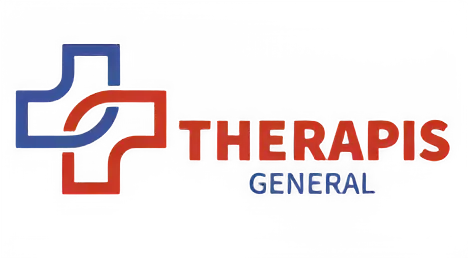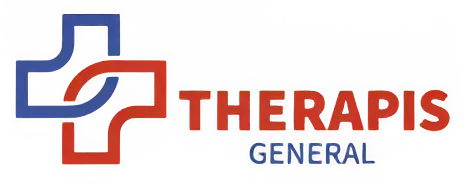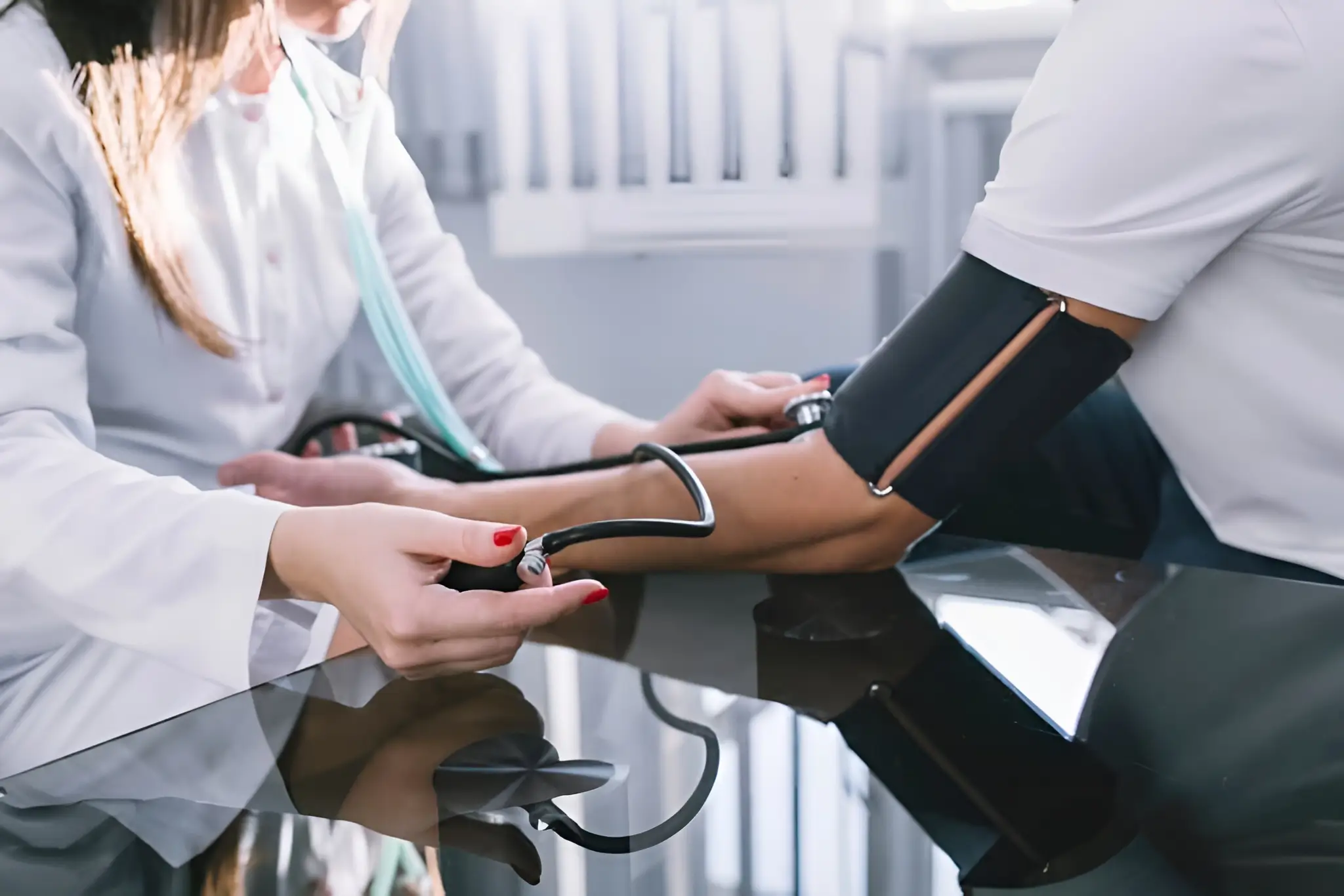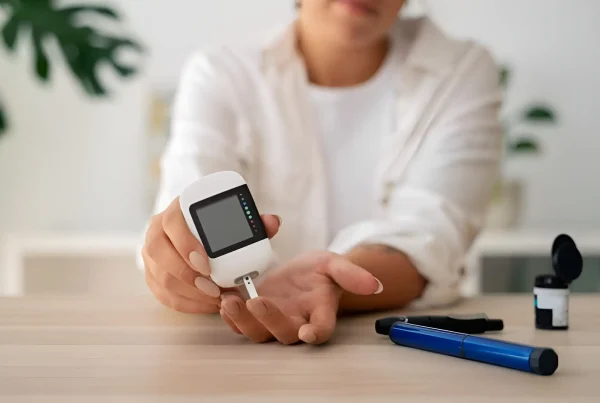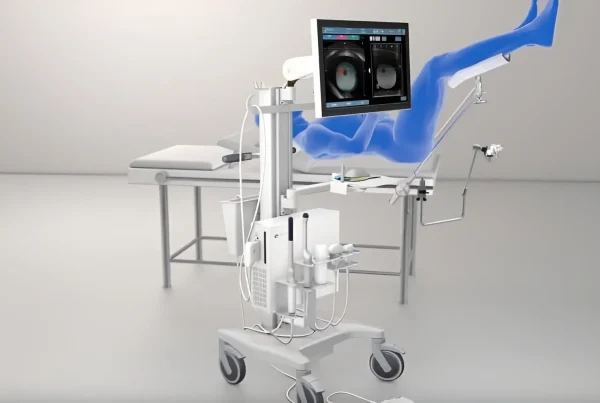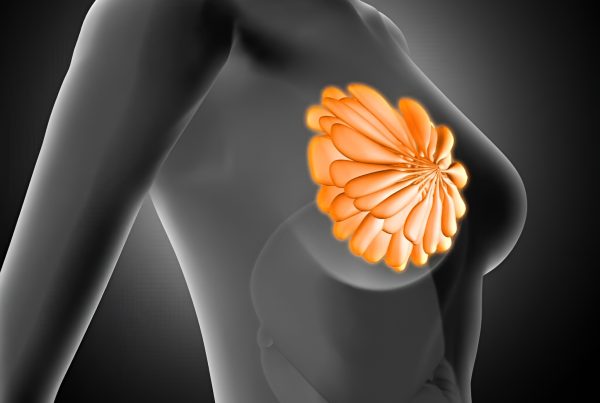Hypertension is defined as the level of blood pressure (BP) at which the benefits clearly outweigh the risks of treatment, as documented in clinical studies.
What is hypertension?
Hypertension is increased blood pressure inside the walls of the body’s large arteries. Blood pressure is recorded as two numbers, e.g. 150/95, and is measured in millimeters of mercury. The higher number is the “systolic” pressure, known as the “high” pressure, and the lower number is the “diastolic” pressure, known as the “low” pressure. Hypertension occurs in individuals whose systolic pressure is ≥ 140 millimeters of mercury or whose diastolic pressure is ≥ 90 millimeters of mercury.
How common is it?
Hypertension usually affects adults and causes numerous diseases in the long term.
One in three adults worldwide has hypertension, which increases the risk of complications such as coronary heart disease and heart attacks, strokes, and kidney failure.
In our country, the percentage of the population suffering from hypertension is on average 20%. The percentage of men in the general population is 17.71% and women 22.49%, according to a report by the Hellenic Statistical Authority for 2012. The likelihood of developing hypertension increases with age. In the elderly over 65, hypertension affects 50% of the population.
Hypertension is a condition that is responsible for 50% of all deaths from stroke and heart disease worldwide. If left uncontrolled, hypertension can also cause cardiac arrhythmias, heart failure, and vision loss. The risk of complications is generally greater if other diseases or conditions that affect the blood vessels are present (diabetes mellitus, high cholesterol, smoking).
Diagnosis – Monitoring (measurement at the doctor's office):
- If blood pressure is optimal, a new visit is required at least within 5 years.
- If blood pressure is normal, a new visit is required at least within 3 years.
- If blood pressure is high normal, another visit at least within 1 year, and/or monitoring of measurements at home (measurements or Holter monitor).
- In case of hypertension, repeat visit immediately and monitor measurements at home (measurements or Holter monitor).
Πως αντιμετωπίζεται;
Lifestyle interventions are recommended for all patients with high normal BP or hypertension because they can delay the need for drug therapy or help reduce BP through drug therapy. They include smoking cessation, physical activity and exercise, healthy eating and alcohol restriction, weight control, psychological support,
When should medication be started?
Stage 1 hypertension:
Depends on cardiovascular risk, estimated long-term benefit, and organ damage due to hypertension.
Stage ≥ 2 hypertension:
Immediate initiation of drug therapy is recommended.
Nutrition
Systolic pressure:
- 120-130 mmHg (for ages 18-69)
- 130-140 mmHg (for ≥ 70 years old)
Diastolic pressure:
< 80 mmHg (for everyone)
What does the medication include?
Combination of two drugs in most patients, preferably as a single pill. Exceptions are frail elderly patients and those with low-risk, grade 1 hypertension (especially if they have <150 mmHg).
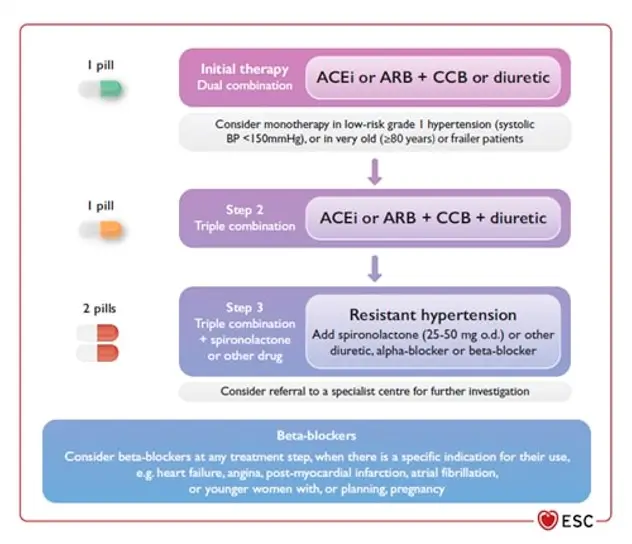
It is recommended that preferred combinations include an angiotensin-converting enzyme inhibitor (ACEi) or an angiotensin II receptor antagonist (ARB), together with a calcium channel blocker (CCB) or a diuretic, but other combinations of the five main classes (ACEi, ARB, beta-blocker, CCB, thiazide/thiazide-like diuretic) may also be used .
E.g. Triatec/Renitec or Olartan/Aprovel/Diovan, together with Amlopen (combination: Orizal, Exforge) or a diuretic (co-Renitec, Olartan plus).
If BP remains uncontrolled with a combination of two drugs, a combination of three drugs is recommended, preferably in one pill.
If BP remains uncontrolled with a combination of three drugs, the addition of spironolactone (Aldactone), or other diuretics such as amiloride (Frumil/Moduretic), alpha-blockers or beta-blockers (Concor/Lopresor/Lobivon), or clonidine (Catapresan).
Penelope Rafouli-Stergiou, MD, PhD
Supervisor – Scientific Director of the Cardiology Department, Therapis General Hospital
Specialization in Cardiovascular Imaging (EACVI, CMR level 3 certified)
Book your appointment today at 210 729 1111.
